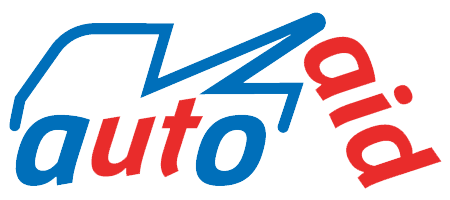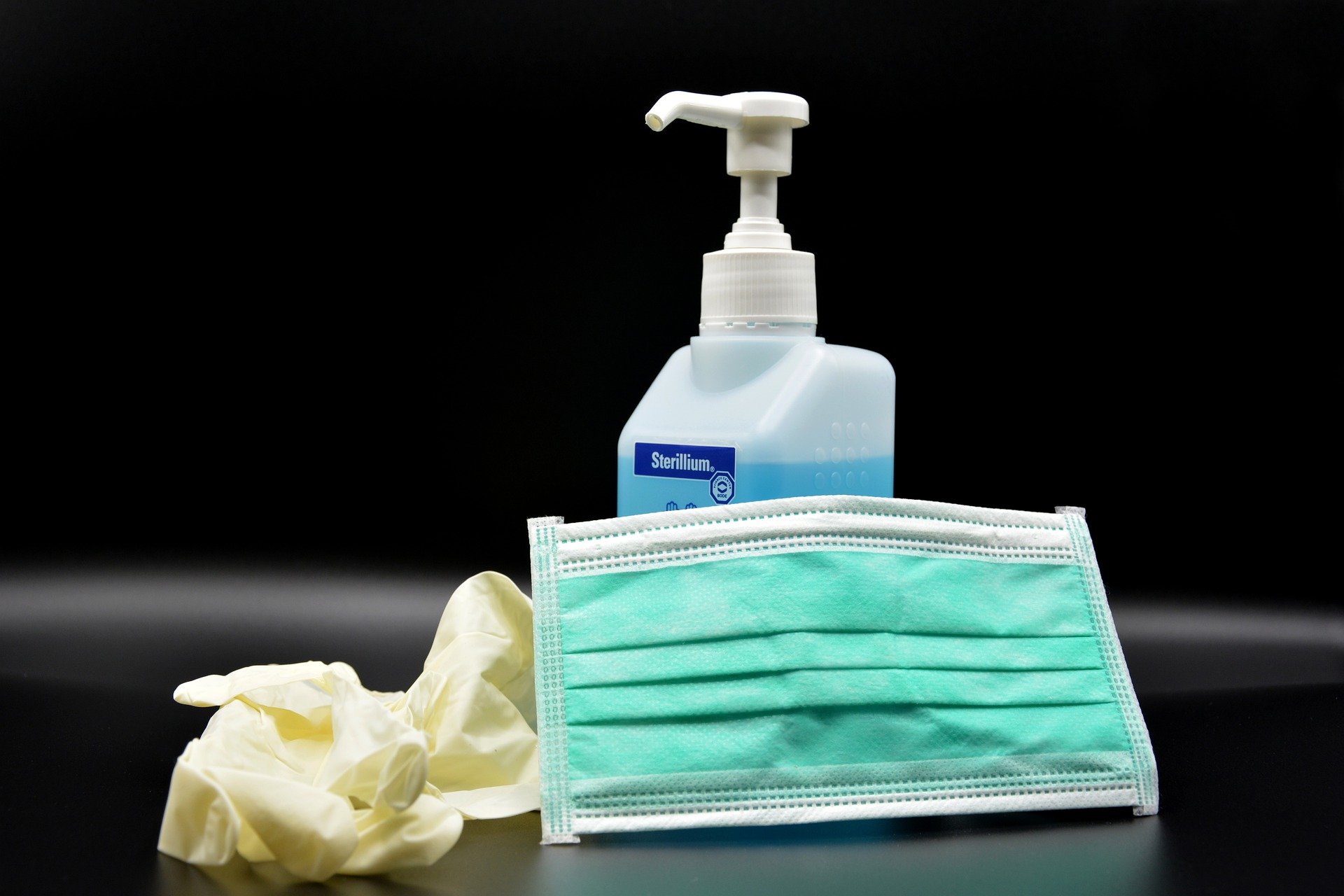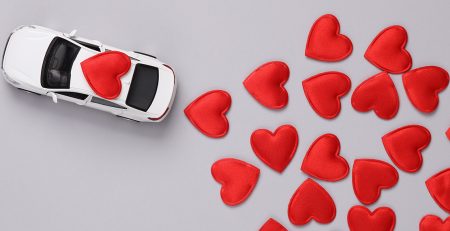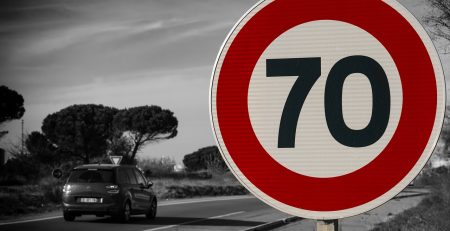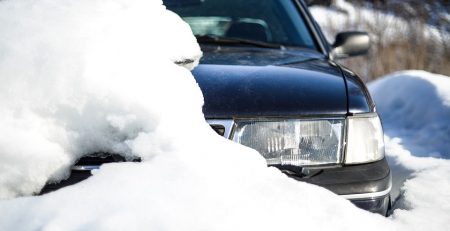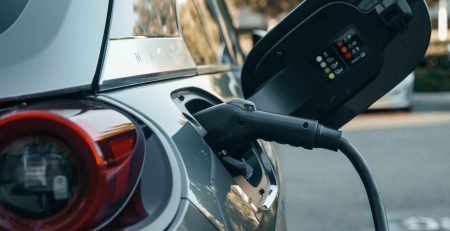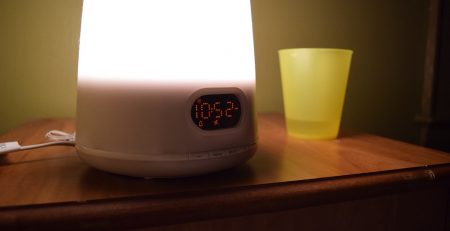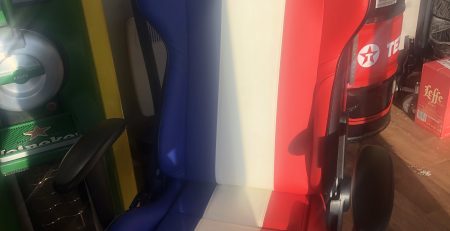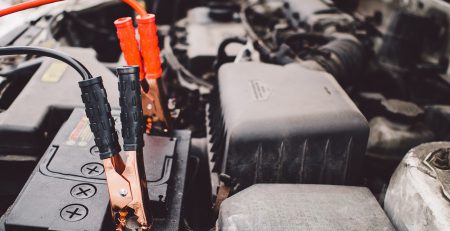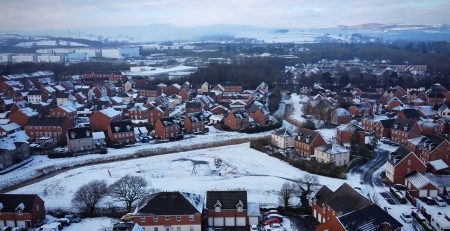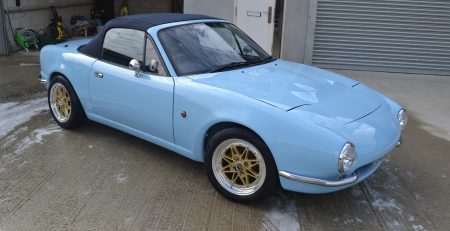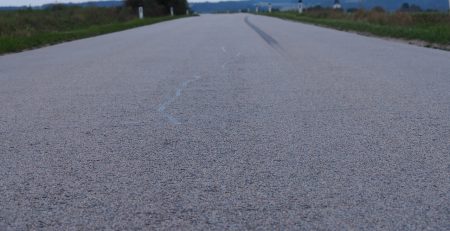As we write this article in mid-October 2020, nobody in their wildest imagination could have guess a year ago, how different all of our lives would be before the end of 2020. Tasks and even chores that we’ve taken for granted like popping to the shops, or filling up with petrol have a whole different emphasis to them, and with this new emphasis, there is now a need to keep one eye on health and safety at all times.
It’s said, that since the first lock down the use of public transport has reduced across the U.K quite dramatically, and really, unsurprisingly. It’s not just that commuters no longer want to take the risk of sharing a crowded bus or railway carriage with complete strangers every morning and evening, but the fact that many workers have been told to continue to work from home also…many never returned to the office after the March 2020 lockdown restrictions. In fact, many businesses have changed their whole business model to accommodate more home workers in a way that may well extend way beyond any return to normality in the future.
But the chances are, most of us who did drive, probably do still have to go out from time to time, even if it’s not necessarily to drive to work. And of those who are working in a remote office/factory/retail etc away from, home, the shift away from public transport will in many cases mean in fact more workers are using their own vehicles now than previously, so cars and bikes have a higher level of reliance placed upon them.
But, how have we as a nation adapted to this ‘new normal’ inside our own cars? There’s those of course who are ‘business as usual’ and who don’t consider C-19 to be a real and present threat. Then there are those who feel intimidated by it to such a degree that they will only go out if they absolutely must.
The U.K has rolled out various legislation as the pandemic has unfurled, and also, the facts around the disease are seemingly ‘different’ now in many ways to what they were back in March 2020 when the whole world was caught unawares. Recent health reports suggest that there is in fact less chance of catching Covid from say a petrol pump handle than first feared and reported, yet experts admit that in certain circumstances, this is still a distinct risk and possibility – and who really wants to take the risk? Has the use of pump based ‘apps’ on smartphones increased as drivers prefer to pay at the pump rather than mask up and enter the forecourt shop?
With the virus known to be airborne, the act of car sharing is almost certainly likely to be reduced as well, not least because of legislation around ‘bubbles’ and the ‘rule of 6’. For many, this will inevitably mean more expensive commutes as the cost of fuel and parking is no longer shared.
But as a breakdown brand, we ourselves have had to implement safety procedures, with social distancing obviously the most noticeable if you are unfortunate enough to suffer from a roadside breakdown. With U.K law stipulating the wearing of masks inside shops (unless there is a medical reason not to), most of us probably carry a facemask upon one-selves anyway. Our operators will always place the safety of any stranded customers first and foremost and thus it’s important to follow the advice given by any recovery agent roadside (and obviously ‘normal’ roadside safety needs to considered as always anyhow). If you do breakdown as an Autoaid client and if you feel vulnerable, whether Covid related or not, we’d urge you to tell the operator when you call for help because at Autoaid we have a policy of helping the vulnerable first. In fact, our operators will often call you back if stranded roadside to keep you updated of progress and to ensure you are safe.
Covid 19 has changed the world, that’s for sure, and some of the changes are possibly for the better. But if you are using your vehicle on a more regular basis before because you no longer want to use public transport, or because you’ve stopped a car share, it may be worth considering that your vehicle needs to be more regularly maintained as well, particularly as we head into the shorter, but colder days and longer nights…

